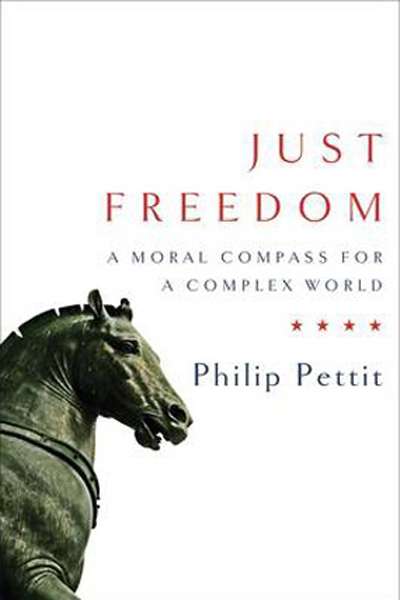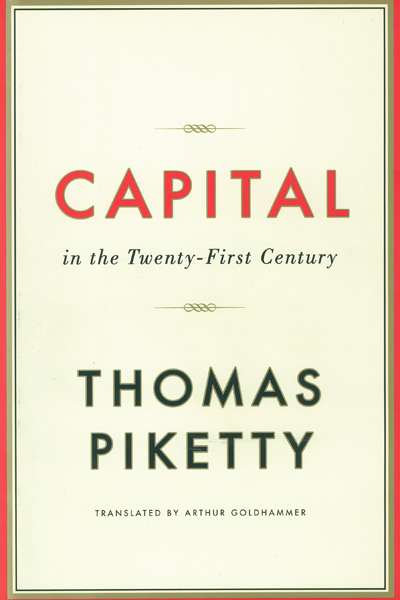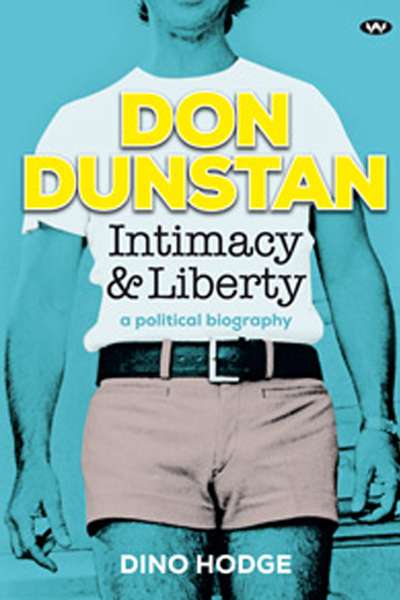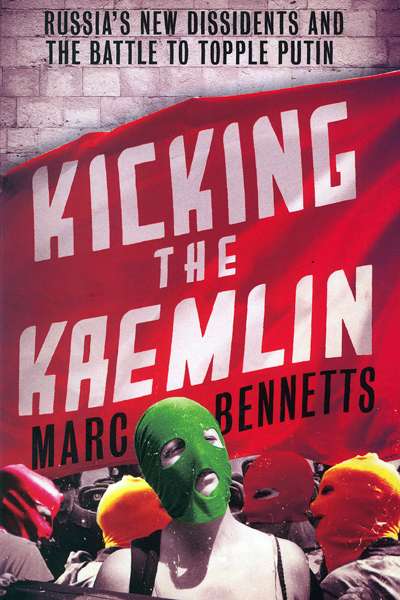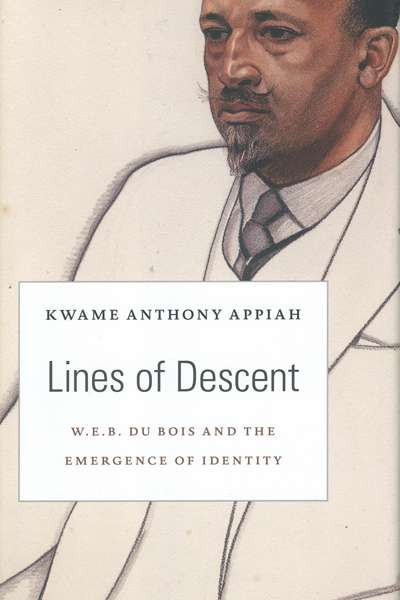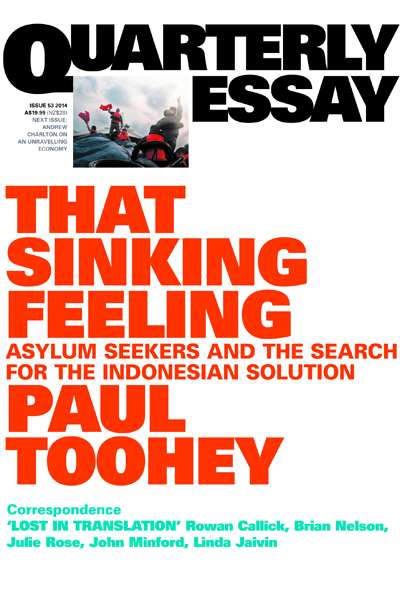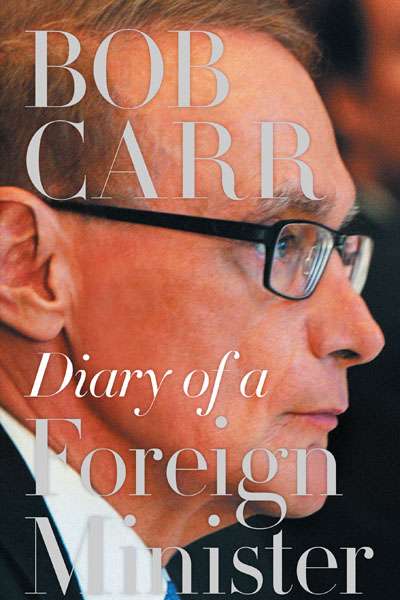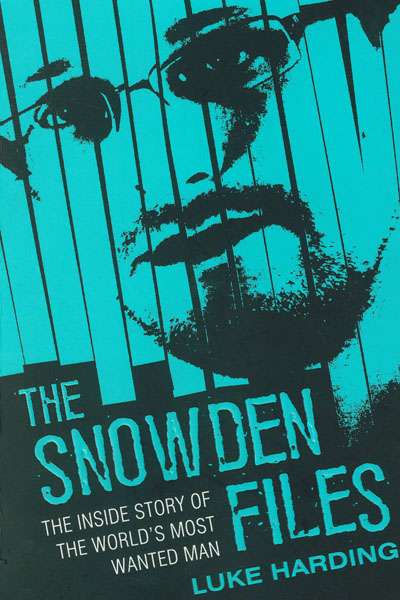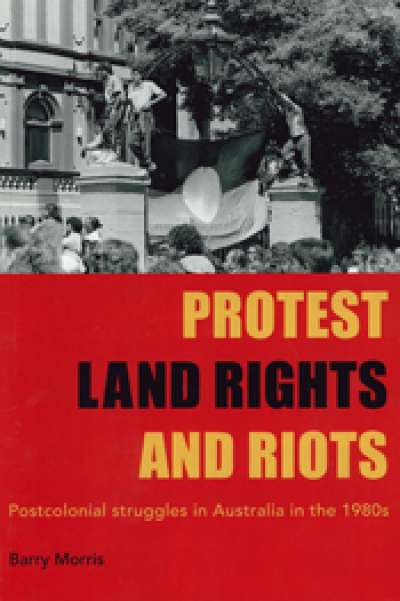Politics
Just Freedom: A moral compass for a complex world by Philip Pettit
In a recent Prospect interview, distinguished Princeton and ANU scholar Philip Pettit described political philosophy as a conversation around various themes. Some voices focus on power or freedom, others on democracy or the nature of the state. The conversation should extend beyond the academy, argued Pettit, to embrace public intellectuals, journalists, commentators, political scientists, activists, and government.
... (read more)Just over twenty years ago, an academic tome captured the West’s imagination. The End of History and the Last Man (1992) by Francis Fukuyama followed fast on the heels of the collapse of communism. Giving voice to the triumphalism and hope of the times, it became an immediate bestseller. History, Fukuyama argued, was over. This was because the West had won the long ideological battle over which configuration of political economy could best manage the twenty-first century, and beyond. Western-style free markets and liberal democracy would now spread across the world, creating stability and opportunity for all in their wake.
... (read more)Don Dunstan, Intimacy & Liberty: A political biography by Dino Hodge
When I was commissioned to write this review, I assumed that this book would be a conventional political biography. I looked forward to reading about Dunstan’s career as premier of South Australia (1967–68 and 1970–79), as his record of achievements showed that our states and territories have the potential to be powerful players in social and cultural reform. However, the focus of Dino Hodge’s intriguing book is Dunstan the man, with an emphasis on the way in which his personal beliefs and ambiguous sexuality influenced his political life and legacy. Don Dunstan, Intimacy and Liberty makes a solid contribution to our understanding of Dunstan and the blurring of his private and public life, fanned partly by the media, but also, sometimes inadvertently, by the man himself.
... (read more)Kicking the Kremlin by Marc Bennetts & Putin and the Oligarch by Richard Sakwa
Moscow’s annexation of Crimea in March was a dramatic sign of Russia’s sense that it had recovered from its post-Soviet weakness. Viewed in the West as an outrage, in Russia the seizure was portrayed as a triumph, the culmination of a national resurgence under Vladimir Putin. It remains to be seen how long this mood of triumph will last.
... (read more)Lines of Descent: W.E.B. Du Bois and the emergence of identity by Kwame Anthony Appiah
William Edward Burghardt Du Bois (1868–1963) forged one of the most remarkable careers of his generation. Starting in the 1890s, often considered the nadir of race relations in the United States, he became the first black man to hold a Harvard bachelor’s degree; emerged as Booker T. Washington’s most eloquent opponent on the issue of segregation; published pioneering work across many genres, including The Souls of Black Folk (1903); and after founding the National Association for the Advancement of Colored People (NAACP) went on to become the dominant voice of the Pan-African movement.
... (read more)That Sinking Feeling: Asylum Seekers and the search for the Indonesian Solution (Quarterly Essay 53) by Paul Toohey
Do the ends always justify the means? And if the boats really have stopped coming, should we see the death of Reza Berati and the suffering of thousands as the collateral damage of a successful policy?
Paul Toohey’s panoramic sweep of this human, ethical, and political terrain begins with a visit to Cisarua, a small resort town in the mountains south of Jakarta that has become a major centre for people seeking asylum in Australia. Some are awaiting the outcome of formal applications for refugee status. Others are preparing to risk a boat. It is July 2013, two months before the federal election. Toohey spends time getting to know people, listening to tales of their journeys and, later in the essay, talking to survivors plucked from the ocean after a boat is lost at sea. If for no other reason, Toohey’s essay should be read for this; as a powerful, necessary reminder that ‘asylum seekers’ have stories, loves, fears, names, and faces.
... (read more)‘Dear Dr Blewett, I am writing to you ... concerning your intention to publish the diary you kept during the first Keating Government ... Whether any legal action, criminal or civil, is initiated would be entirely a matter for the Commonwealth government and relevant authorities ...
... (read more)The Snowden Files by Luke Harding & No Place to Hide by Glenn Greenwald
1984 is back. George Orwell’s nightmare vision of governmental surveillance, secrecy, and deception clearly resonates with the revelations first leaked to the Guardian by former National Security Agency (NSA) contractor Edward Snowden. Indeed, it is practically impossible to find an account of the Snowden affair without at least one ‘Orwellian’ adjective dropped into the mix. Sometimes it comes qualified: Justice Richard J. Leon, District Court Judge for the District of Columbia ruling in December 2013 that the bulk collection of US mobile phone records was probably unconstitutional, called the NSA program ‘almost Orwellian’. This decision is currently under appeal.
... (read more)Some of the wildly successful historical novels of Richard Harris are counter-factual, like Fatherland (1992), which assumes a successful Nazi invasion of Britain. By contrast, his most recent work, An Officer and a Spy (2013), builds on a highly detailed account of the Dreyfus affair, which convulsed France in the late nineteenth and early twentieth centuries ...
... (read more)Protests, Land Rights and Riots: Postcolonial struggles in Australia in the 1980s by Barry Morris
Protests, Land Rights and Riots examines indigenous politics in New South Wales in the 1980s. The discussion focuses on several protests, including the infamous 1987 ‘Brewarrina riot’, which followed the death of a young Aboriginal man in police custody, as well as a 1990 demonstration against amendments to the Aboriginal Land Rights Act 1983 (New South Wales). Morris, an anthropologist, provides the background to these and other events, and captures the tensions that characterised indigenous politics at the time, as well as the post-colonial ‘fantasies’ and ‘anxieties’ that infused the broader society around its bicentenary.
... (read more)

